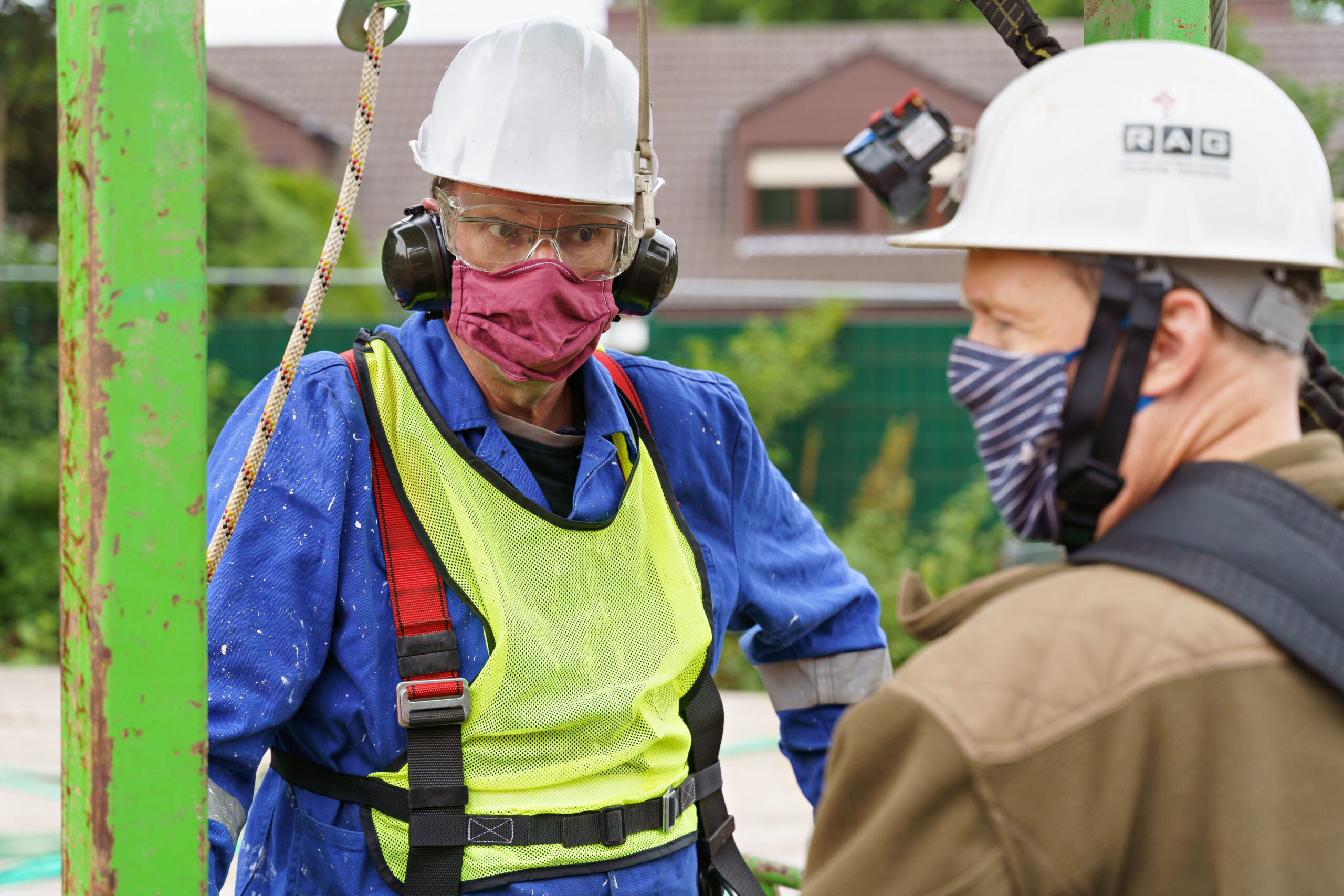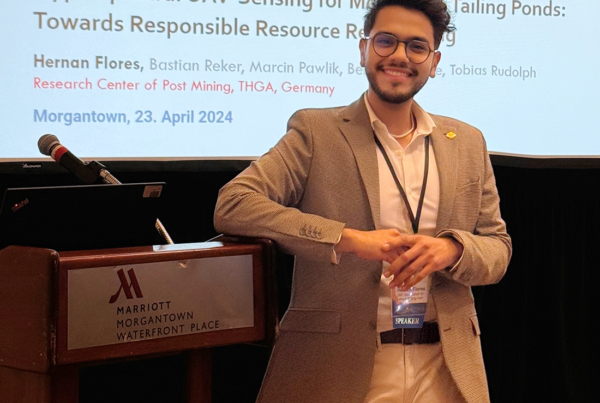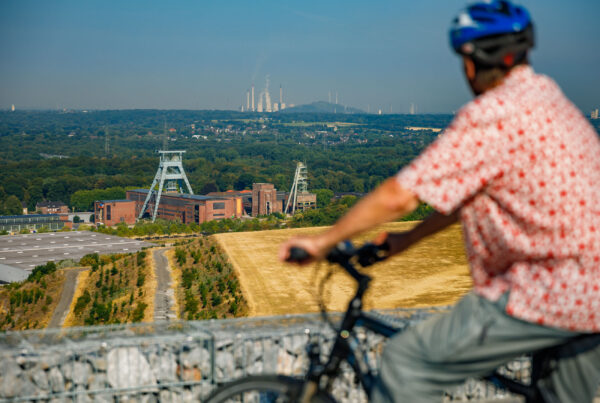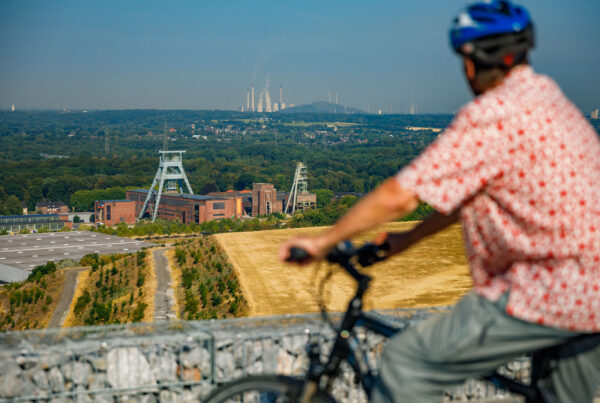When it comes to drawing up Europe-wide recommendations for the extraction of raw materials, the experience of many experts is needed: Since December 2020, the Research Centre of Post-Mining has been involved in the working group "Risk management in the extractive sector" of the Directorate-General Environment of the European Commission, advising on strategies to ensure environmental protection and maintain the quality of life for EU citizens.ürgern erhalten sollen.
In December 2020, Dr.-Ing. Dipl.-Wirt.Ing. Stefan Möllerherm, research administrator at the FZN, was appointed as an "Individual Expert" for the Technical Advisory Group "Risk management in the extractive sector" of the Directorate-General Environment of the European Commission. In total, 70 members representing EU member states are in this expert group. It consists of industrial associations, the geological services of the respective member states, NGOs, and other individual experts.
"When drawing up EU guidelines for the extraction of raw materials, it is necessary to think about the entire life cycle and especially the time after the extraction itself," explains Dr. Stefan Möllerherm, who has an extensive knowledge of the international mining industry and has been dealing with the consequences of raw material extractions for many years.
The experts advises the European Commission on drafting recommendations for the extraction of raw materials in Europe and focuses in particular on occupational safety, health, and environmental protection. The documents shall cover the entire life cycle of all raw materials, such as metal ores, noble metals, and bulk raw materials, with the exception of the oil and gas industry. The guideline aims to identify the best approaches for long-term risk management - especially with regard to a sustainable approach to the environment and occupational safety.
Dr. Stefan Möllerherm is particularly acquainted with environmental problems resulting from the active mining period. "The cessation of mining does not imply that its life cycle is ending. Only then, the post-closure period starts and with it a necessary responsible approach to the consequences for people and nature". This includes all processes and tasks that arise after the extraction of the natural resource - from managing risks of former mining activities to the rehabilitation and recultivation of former mining areas. In addition to geoecology and mine water management, this also includes geomonitoring and the reactivation of former mining regions. The associated environmental and safety issues are also a constant companion of this process and will be considered in the future by Dr. Stefan Möllerherm in the Technical Advisory Group "Risk management in the extractive sector" of the Directorate-General for the Environment of the European Commission.

Dr. Stefan Möllerherm from FZN (left) is an appointed "Individual Expert" of the Technical Advisory Group "Risk management in the extractive sector" of the Directorate General Environment of the European Commission. (Photo: THGA/Volker Wiciok) (Photo: THGA/Volker Wiciok)
Contact

Dr.-Ing. Dipl.-Wirt.Ing. Stefan Möllerherm
Technische Hochschule
Georg Agricola University
Herner Straße 45
44787 Bochum
Building 2, room 104a
Phone 0234 968 3272
Mail stefan.moellerherm@thga.de




